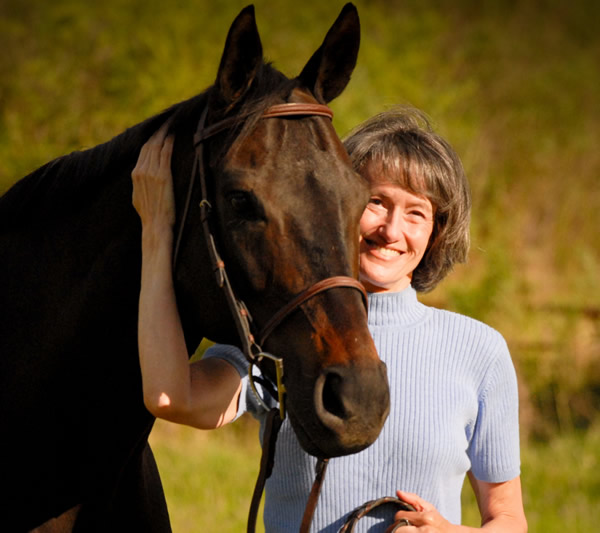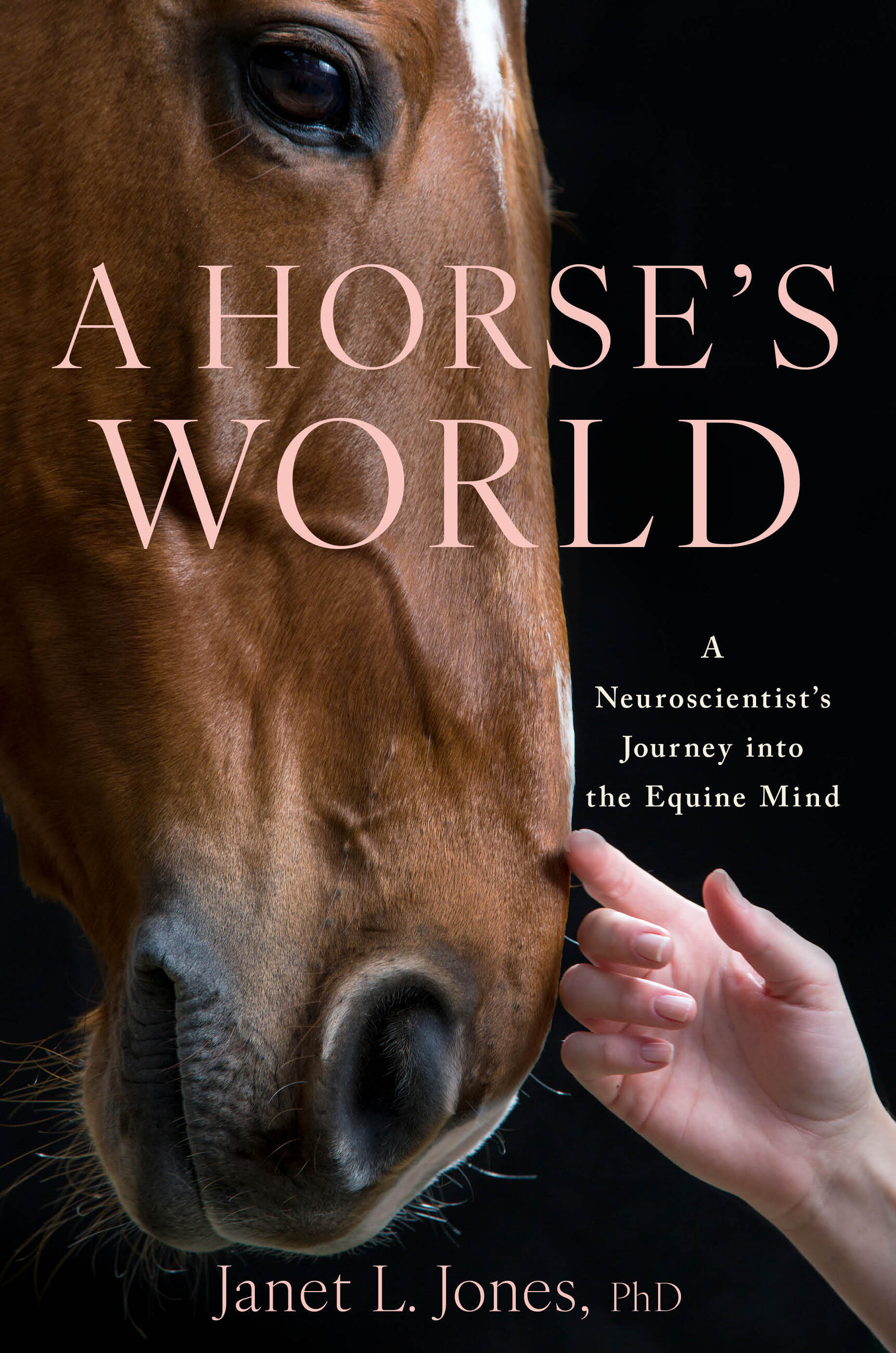TRUE TRAINING 18 - Why So Much Groundwork?
By now, you might think I never ride my young horse! I do, almost every day, but it is important in brain-based horsemanship to establish a relationship and some boundaries with a horse before riding him. This is true regardless of the horse’s age, but becomes especially important with youngsters who have less experience with riders on their backs.
Groundwork and ground manners are important. On the surface, this importance stems from the need to catch the horse, teach him to respect your space, lead easily even through frightening places, longe or round pen calmly in emotional settings, and stand quietly while being groomed and tacked up. One of the most critical reasons for ground manners is to allow veterinarians and farriers to provide health services without danger. When your horse is injured and in pain, you want him to catch, lead, and stand quietly so emergency medical providers can help him!
Below the surface lie reasons for groundwork and ground manners that are even more important: They teach the horse to respect us, pay attention to us, obey voice commands, and yield to physical pressure. They allow us to guide him through scary situations, and they encourage him to look to us for guidance. The best way to begin these lessons is from the ground. It’s safer for both parties, and easier on the horse’s mind. After he has learned his ground basics, we can transfer those lessons to his back.
In previous posts, we’ve considered a lot of the basic ground manners that are necessary for a young horse to know before concentrating on his work under saddle: catching, leading, tying, standing, grooming. In the next post, I’ll turn to round penning and longeing. For now, I want you to know why groundwork is such a critical part of horse training. It lays the foundation for everything to come.

